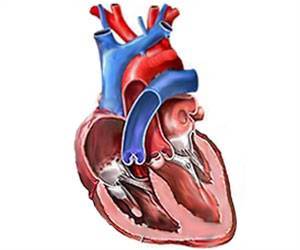
Epigenetic changes are changes in gene expression triggered by diet or toxins in the environment without changing the genetic sequence. DNA methylation, a process where a methyl group is attached to DNA, often leads to epigenetic changes silencing gene expression.
TSRI researchers tested compounds called histone deacetylase (HDAC) inhibitors to see if they can induce epigenetic changes to help lessen the severity of diseases such as Huntington's in the next generation.
In the first part of the experiment, while testing the effects of HDACi 4b on gene expression in mice brain and muscle samples, it was found that HDACi 4b changed the expression of genes related to DNA methylation. They also showed that HDACi 4b treatment of human patient fibroblast cells altered DNA methylation of more genes on the male-carried Y chromosome than other chromosomes.
Thereafter researchers administered HDACi 4b to a group of male mice with a human Huntington's disease gene, while another group of mice did not receive treatment with the compound. One month later, the mice were bred, and their offspring were tested for symptoms of the disease.
The female offspring from the drug-treated mice showed no differences, but the male mice showed a delay in disease onset and a reduction of motor and cognitive symptoms that included improved performance in tests of balance, speed and memory.
Advertisement
The study will appear in the journal ‘Proceedings of the National Academy of Sciences’.
Advertisement










